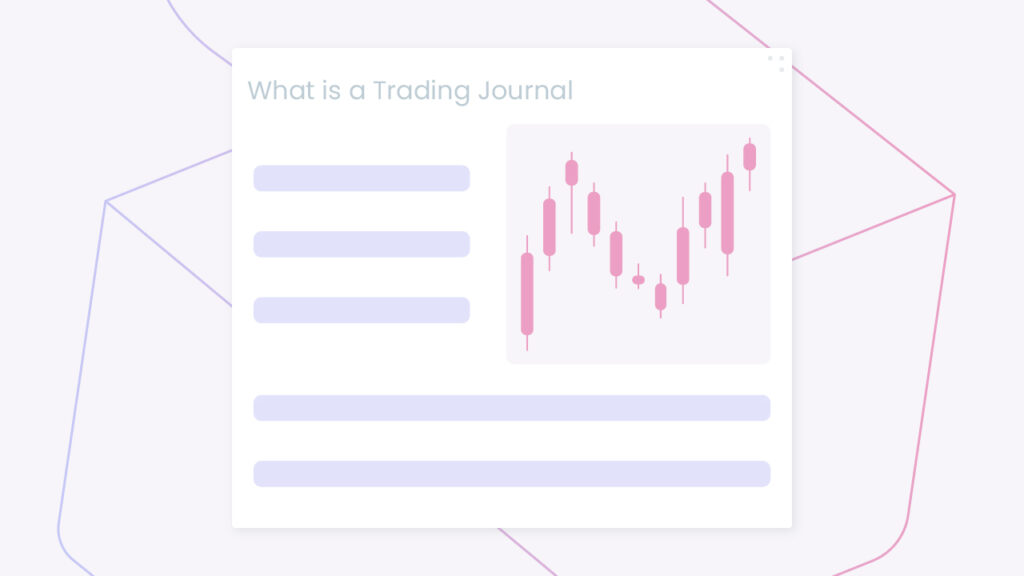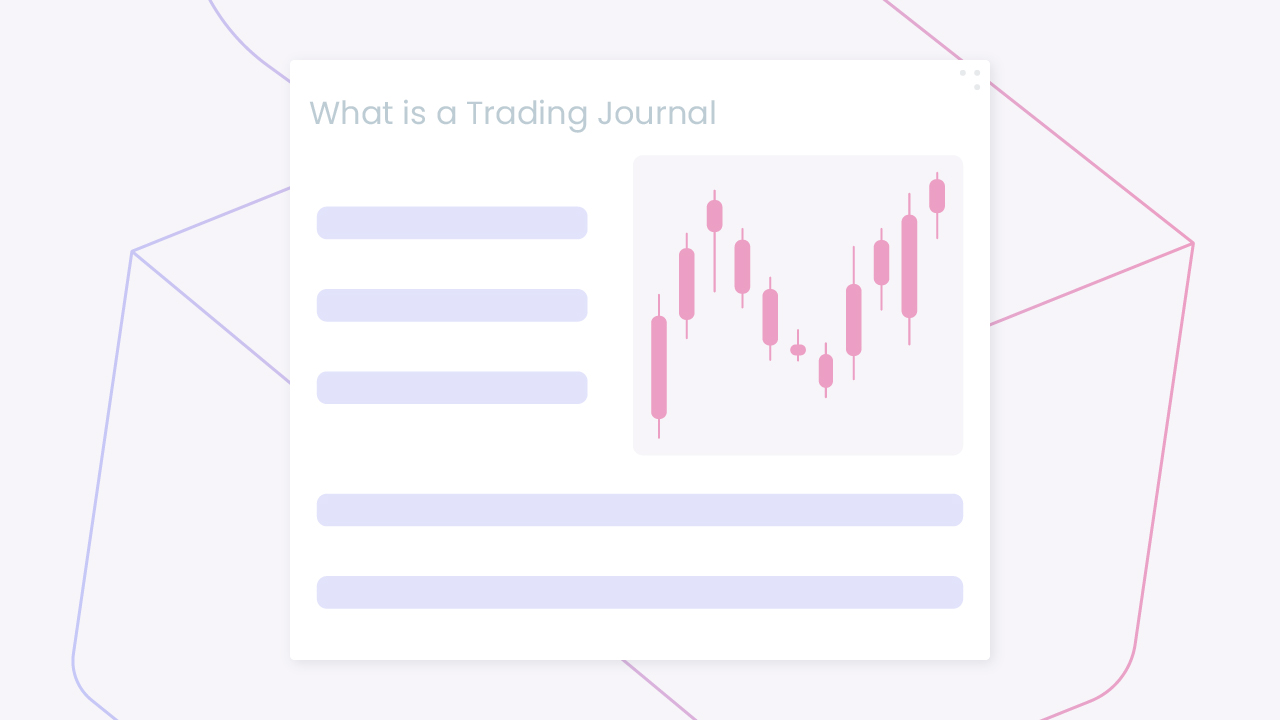
What Is a Trading Journal?
A trading journal is a personal record where traders log each of their trades along with relevant details—like strategy used, entry/exit points, outcome, and psychological state.
It can be maintained digitally or on paper, and it plays a crucial role in evaluating performance, improving discipline, and spotting emotional or strategic patterns over time.
Why You Need One
1. Discipline Development
Writing down trade plans and outcomes creates accountability. It forces traders to think critically before acting and to stick to their strategy, reducing impulsive or emotional trades.
2. Performance Tracking
Journaling lets you evaluate the effectiveness of your trading setups. Over time, you’ll see which strategies consistently work and which lead to losses.
3. Emotional Control
Noting your mental state during each trade helps highlight patterns like fear, greed, or hesitation—critical for avoiding repeated psychological mistakes.
4. Continuous Learning
A journal becomes your trading archive. Regular review allows you to learn from both wins and losses, fine-tune your strategies, and evolve as a trader.
Formats: Digital vs. Pen-and-Paper
Traditional (Pen & Paper):
Pros: Simple, tactile, good for emotional reflection
Cons: No analytics, harder to search or sort
Digital (Software, Excel, Notion):
Pros: Searchable, analysable, often includes charts, auto-imports
Cons: Can be complex or require subscriptions
Pro Tip: Beginners often start with a notebook or spreadsheet, then graduate to digital tools like TraderVue or Edgewonk as their needs grow.
Example Entry Template
| Field | Example |
| Date | June 25, 2025 |
| Pair | EUR/USD |
| Direction | Long |
| Entry/Exit | 1.0735 → 1.0780 |
| Strategy | Breakout |
| Result | 45 pips |
| Emotions | Hesitated entry after 2 losses |
| Lesson Learned | Need to trust setup during volatility |
Common Mistakes Without a Journal
- Forgetting why you entered a trade
- Failing to learn from repeat losses
- Allowing emotion to override your plan
- Making random decisions with no data trail
Final Thoughts
If you’re serious about improving your results, a trading journal is non-negotiable.
It’s your most powerful tool for building consistency, reducing emotion, and creating a feedback loop that drives growth.



